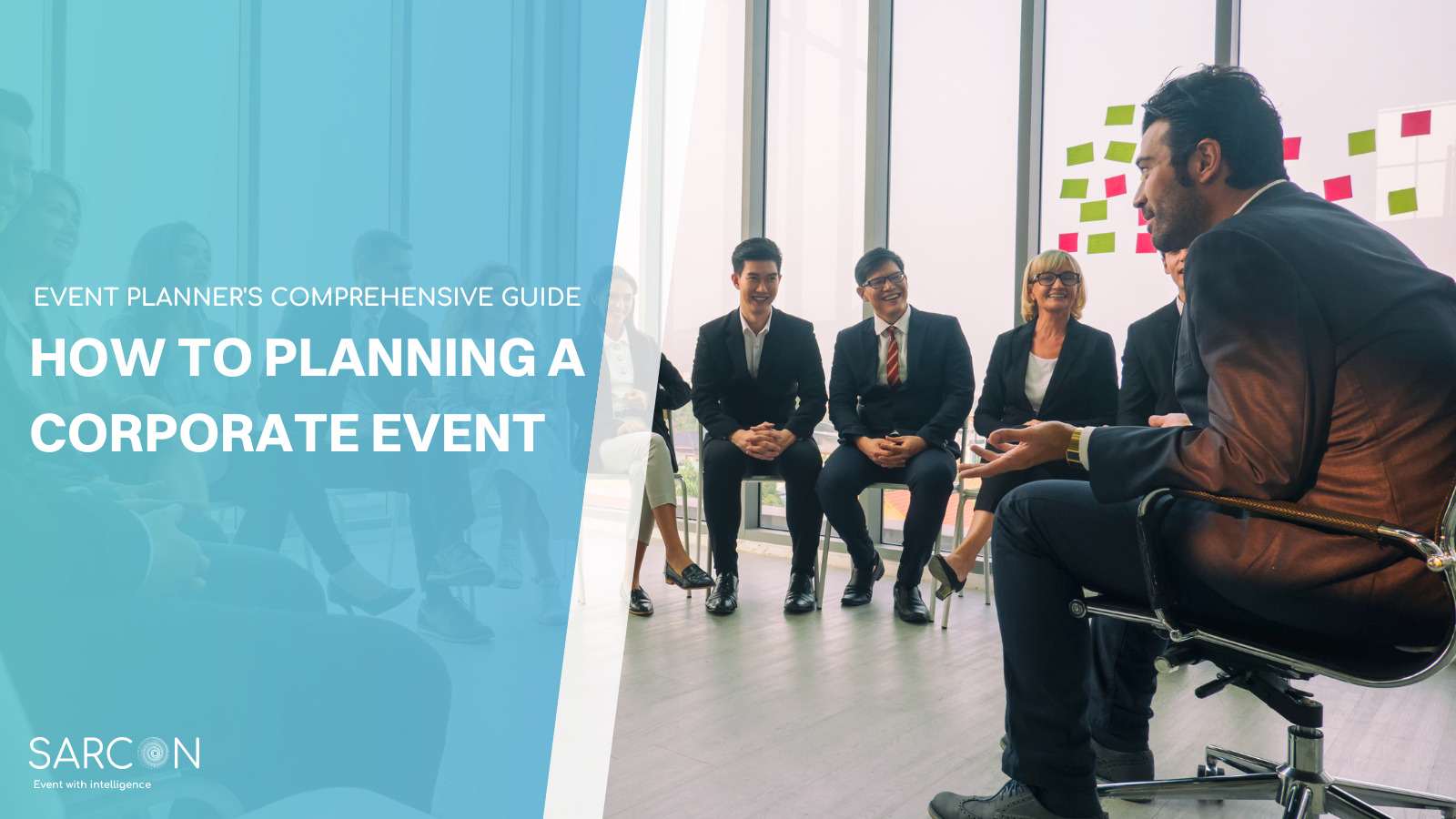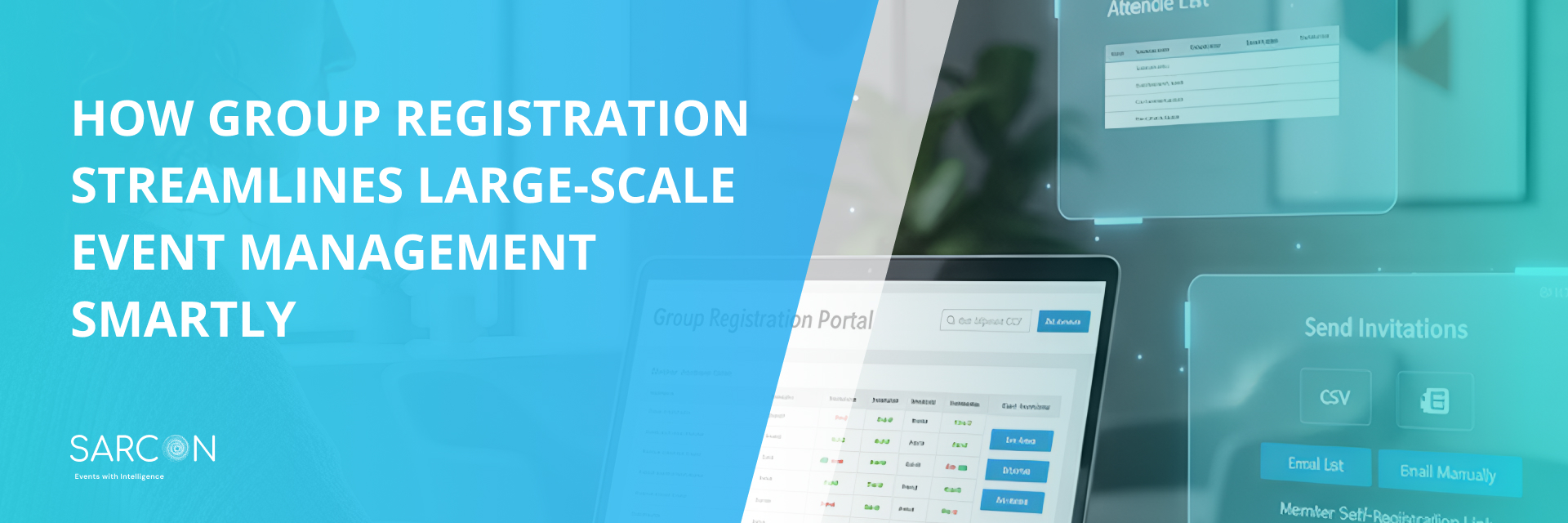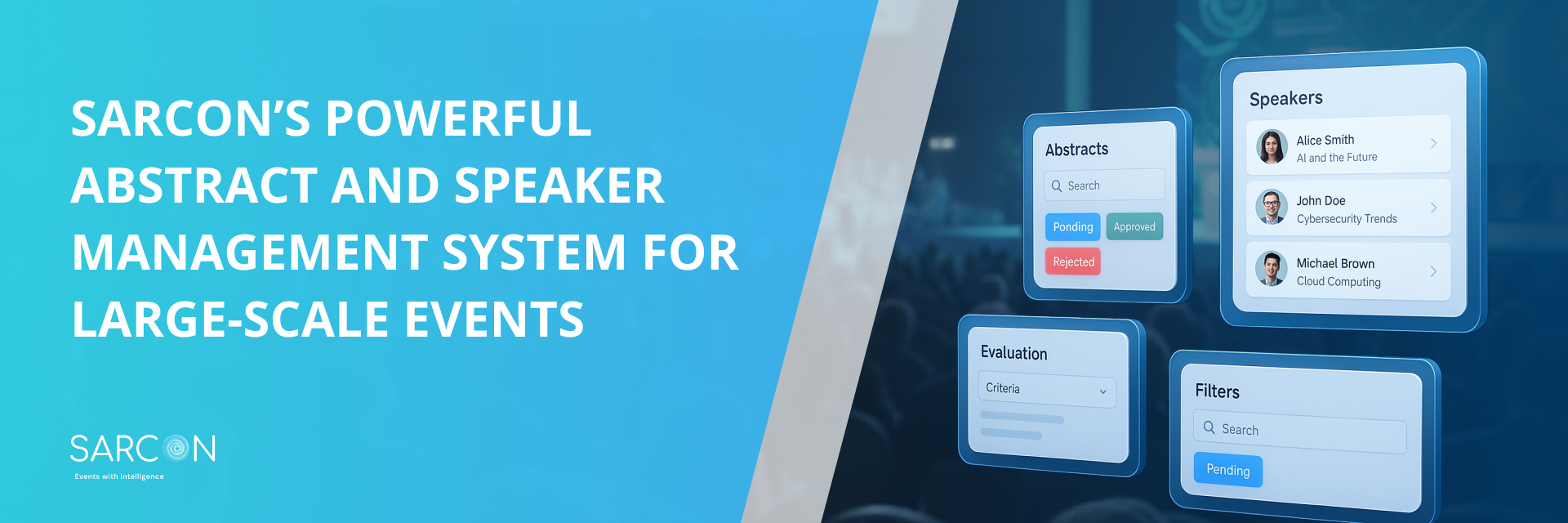Corporate events play a vital role in the business world, serving as a platform for networking, brand promotion, team building, and knowledge exchange. As an event planner, your responsibility is to ensure that these occasions are meticulously organized and executed flawlessly to create a lasting impact on attendees and achieve the event’s objectives. In this comprehensive guide, we will walk you through the essential steps and considerations to plan a successful corporate event that leaves a lasting impression.
Before embarking on any planning, it is crucial to have a clear understanding of the event’s purpose and objectives. Also, remember the do’s and dont’s of event planning. Ask the key stakeholders what they hope to achieve through the event. Is it to launch a new product, celebrate a milestone, foster networking opportunities, or boost employee morale? Knowing the primary goals will guide every decision you make throughout the planning process.
Establishing the Budget:
The budget is the backbone of any event planning process. Work closely with your clients or company executives to determine a realistic budget that aligns with the event objectives. Consider all potential expenses, including venue rental, catering, audiovisual equipment, entertainment, marketing materials, and staffing. Being transparent about the budget from the start will help manage expectations and ensure financial feasibility.
Selecting the Perfect Venue:
The venue sets the tone for the event and significantly influences the attendees’ experience. Consider factors like location, accessibility, capacity, ambiance, and amenities. Ensure the chosen venue aligns with the event’s theme and is equipped with adequate facilities for presentations and multimedia displays. Negotiate a detailed contract with the venue that includes all necessary arrangements and contingencies.
Crafting a Detailed Timeline:
Time management is paramount in event planning. Create a comprehensive timeline that outlines every step from the initial planning stages to the event’s conclusion. This timeline should incorporate deadlines for securing vendors, marketing initiatives, event setup, rehearsals, and any pre-event activities. Sticking to the timeline will help avoid last-minute rushes and ensure a well-organized event.
Assembling the Dream Team:
A successful corporate event requires a competent and reliable team. As an event planner, you are the team leader, but you’ll need a group of skilled individuals to handle various aspects of the event. Depending on the event’s scale, you might need event coordinators, marketing specialists, catering experts, audiovisual technicians, and volunteers. Communication and collaboration within the team are essential to maintain efficiency and cohesion.
Curating Engaging Content and Entertainment:
The content and entertainment at your corporate event should align with the event’s objectives and resonate with the target audience. Whether it’s guest speakers, workshops, panel discussions, or performances, ensure that they add value and leave a lasting impact. If there’s a keynote speaker, research their background and speech topics to guarantee relevancy and interest.
Implementing a Strategic Marketing Plan:
Even the most exceptional event will not be successful if attendees are unaware of it. Develop a strategic marketing plan that utilizes various channels, including social media, email marketing, press releases, and partnerships with relevant organizations. Highlight the event’s unique selling points and emphasize how attending can benefit the participants.
Streamlining Registration and Check-in Processes:
Simplify the registration and check-in processes for attendees. Online registration platforms like Sarcon are effective in collecting necessary information and streamlining communication. On the event day, have a well-organized check-in system to avoid long queues and frustrated guests.
Providing Top-notch Event Technology:
Incorporate cutting-edge event technology to enhance the overall experience. Utilize event apps that facilitate networking, provide schedules, and offer real-time updates. Set up interactive elements such as live polling, social media walls, or virtual reality experiences, depending on the event’s nature. Event technology is a world in itself, here’s a handy guide to help you with 70+ event management software and tools.
Ensuring Excellent Catering Services:
Food and beverage arrangements can significantly impact attendees’ overall experience. Work with reputable catering services to create a menu that caters to various dietary preferences and restrictions. The presentation and quality of the food should reflect the event’s tone and professionalism.
Focusing on Sustainability:
Corporate events have the potential to generate a considerable environmental footprint. Strive to minimize waste and adopt sustainable practices wherever possible. Use eco-friendly materials, implement recycling systems, and consider donating leftover food to local charities.
Preparing for Contingencies:
Despite meticulous planning, unexpected challenges may arise during the event. Prepare for contingencies by having a backup plan in place for various scenarios. Consider factors like weather, technical difficulties, and medical emergencies. Having a well-thought-out contingency plan will demonstrate your ability to handle unexpected situations professionally.
Gathering Feed back and Analyzing Results:
After the event, gather feedback from attendees and stakeholders to evaluate its success and identify areas for improvement. Analyze data, including attendee feedback, social media metrics, and event performance against objectives and KPIs. This data will be invaluable for future event planning endeavors.
Conclusion
In conclusion, planning a successful corporate event requires a blend of creativity, strategic thinking, and meticulous execution. By defining clear objectives, adhering to a well-structured timeline, assembling a competent team, and providing engaging content, you can ensure that your corporate event becomes an unforgettable experience for all attendees, leaving a positive and lasting impression on your clients or company executives.



